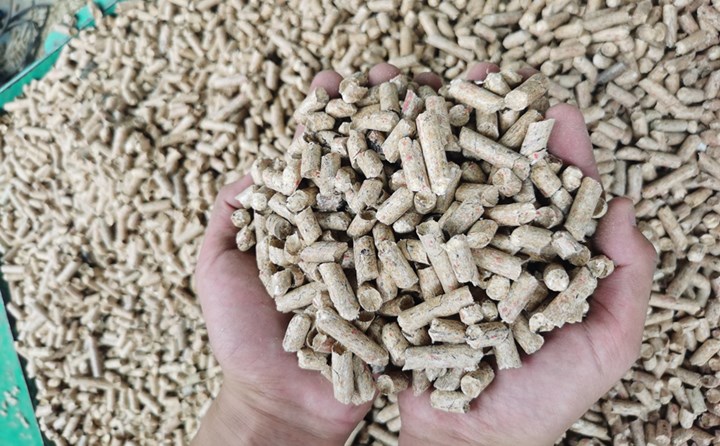Have you ever had a headache because of the piles of old wood, branches and leaves? If you do have such troubles, then I have to tell you a good news: you are actually guarding a valuable resource library, but it has not yet been discovered. Do you know why I say that? Keep reading and the answer will be revealed.

At present, coal resources are becoming increasingly scarce, and the large amount of harmful gases released when it burns are increasingly polluting the environment, so it is gradually restricted. As an important pillar for heating and power generation in the agricultural field, coal is now facing the fate of being eliminated. This will undoubtedly have an impact on the lives of the general public, and a clean energy that can replace coal is urgently needed.
Against this background, biomass pellet fuel came into being. You may not be unfamiliar with biomass pellets, but do you know its production process?
In fact, the raw materials of biomass pellet fuel are quite extensive and low-cost. Agricultural waste such as branches, leaves, scraps of old furniture, bamboo, straw, etc. can all be used as its raw materials.
Of course, these raw materials need to be processed before processing. For example, scraps and straw from old furniture need to be crushed by a wood crusher to achieve the appropriate particle size. If the moisture content of the raw material is too high, it needs to be dried by a dryer. Of course, for small-scale production, natural drying is also a feasible option.
After the raw materials are prepared, they can be processed by a wood pellet machine. In this way, agricultural waste, which was originally regarded as waste, is transformed into clean and efficient pellet fuel in the wood pellet machine.
After being pressed by the wood pellet machine, the volume of the raw material is greatly reduced and the density is significantly increased. When burned, this pellet fuel not only does not smoke, but also has a calorific value of up to 3000-4500 calories, and the specific calorific value will vary depending on the type of raw material selected.
Therefore, converting agricultural waste into pellet fuel can not only effectively solve the problem of large amounts of agricultural waste disposal generated by the country every year, but also provide a feasible alternative to the energy gap caused by tight coal resources.
Post time: Jul-19-2024









